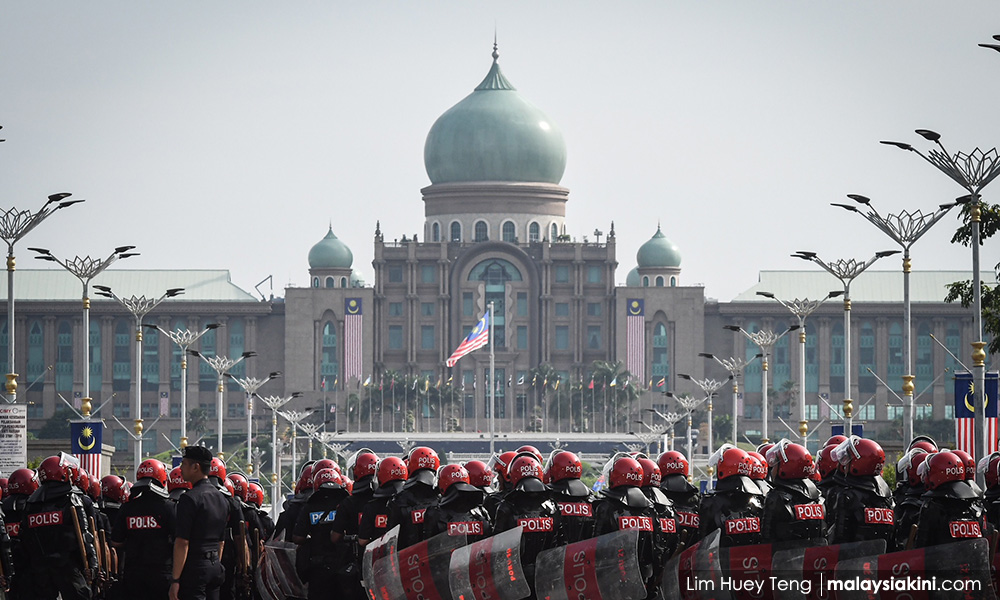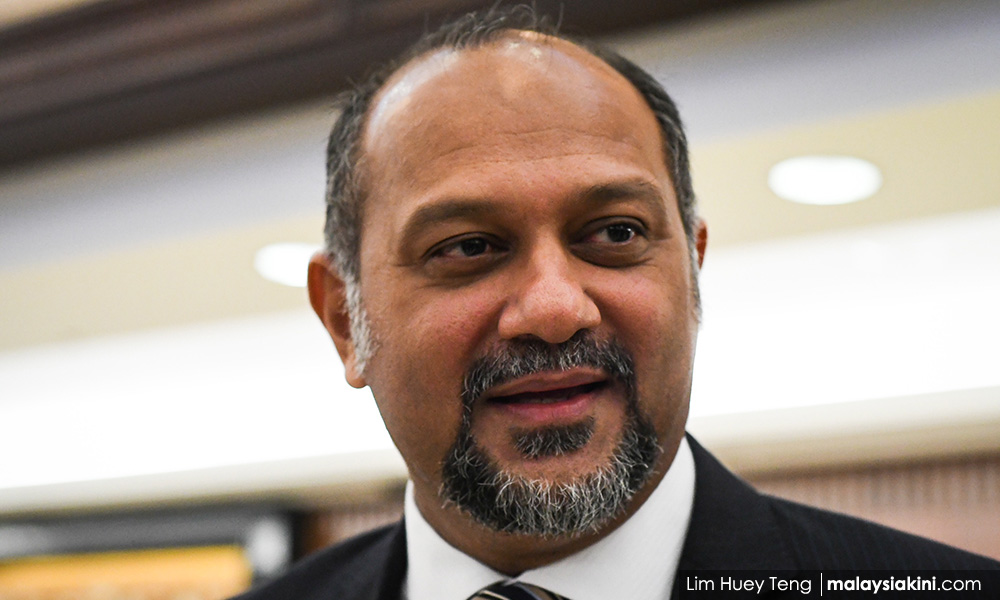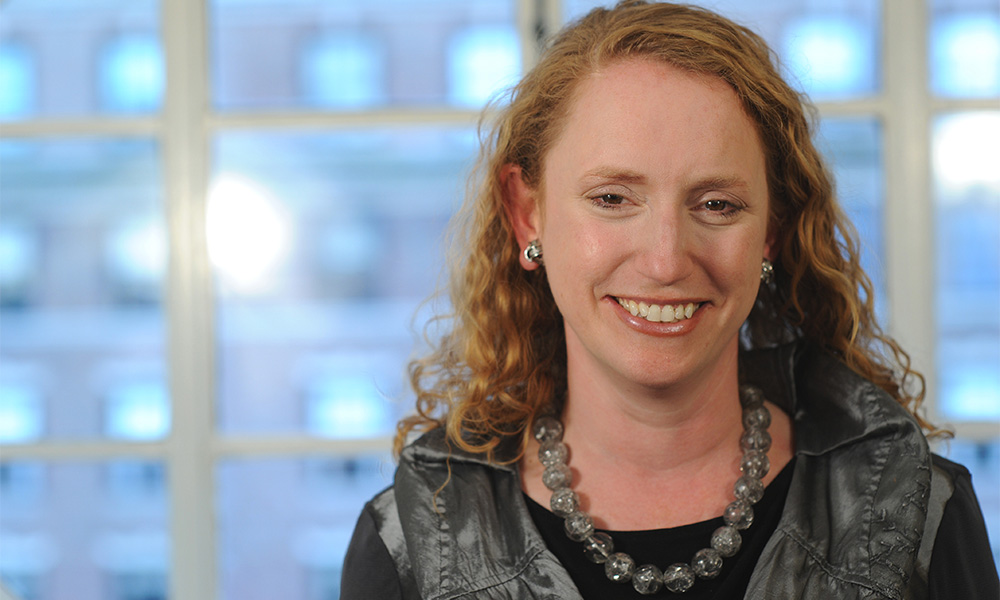
“The concept of ‘micro-aggression’ is just one of many tactics used to stifle differences of opinion by declaring some opinions to be ‘hate speech’, instead of debating those differences in a marketplace of ideas. To accuse people of aggression for not marching in lockstep with political correctness is to set the stage for justifying real aggression against them.” - Thomas Sowell
As someone who is routinely accused of hate speech, this article may come off as self-serving. Just before May 9, a group of “young Malay professionals” claimed that I should be investigated for stoking religious and racial sentiments. Add to this the reception of my article on “civilising Islam” from the Malay far right, this means that for some people I am/was the poster child for hate speech laws.
Never mind, for in all those articles I was merely offering an opinion on public comments of what political and religious operatives of the state said in the name of religion or on racial privilege. Facts were not important - only the emotions the articles were brought forth.
In most of the comments section of those articles, racial and religious invectives were used against me and the majority of comments were ad hominem, instead of addressing the points I raised.
When we talk of hate speech, Pakatan Harapan supporters are quick to point to Umno or PAS or any of the numerous political operators or provocateurs that ply their trade in the public spaces of this country.
They never really address the hate speech emanating from the base against anyone who goes against the groupthink that is pervasive in the then opposition, now establishment media. Political correctness (which is bad enough) only applies to partisan correctness.
Here’s the thing though. Who defines hate speech? More importantly, who has the power to sanction speech they deem hateful? I’ll give you an example.

Gobind Singh Deo (photo) talks of the need for hate speech laws because of what Raja Petra Kamarudin said about Bukit Aman Commercial Crime Investigation Department director Amar Singh’s turban, for the Sikh community this was an attack on their religion.
From a news report: “He also pointed out that Malaysians were a multiracial and multi-religious society, and therefore, such attacks against anyone to go unnoticed should not be allowed.”
Except, of course, that hate speech occurs every day in this country and because of who it is directed at, the state turns a blind eye. When a woman writes something that people do not agree with, they resort to misogynistic hate speech to vilify her.
When a person talks about specific laws on racial and religious equality, the person's race is used as a starting point of the criticism, often in racist ways, especially if his or her comments go against the conventional narratives of the state or the people who support the state.
Of late, there is a mendacity when it comes to freedom of speech in this country in the way how the Harapan regime is restricting it and how the base seems to be embracing it.
While journalists are getting used to the freedom to operate without the boot of the state on their necks, they now have to contend with the reality that the government can now sue for defamation. Journalists are not the only people affected because there is a range of public dissent from various quarters that would be subject to such law(s).
The grey areas
Meanwhile, the racial and religious discourse in this country has taken a new turn with the proposed Racial and Religious Hatred Act, which I suppose is some sort of hate speech law. I wrote about the landmines of such a law here, but what I find fascinating is the kind of unintentional consequences that such a law can produce:
“I have to call out this horse manure on this particular sound bite. It sounds good when Mujahid claims that this Act would be used not only on those who insult Islam but also against those who insult the other religions. But here’s the thing: In order to do that, all religions must be treated the same. Is Mujahid actually claiming that all religions are treated the same in Malaysia or is this just another convenient sound bite to lull people into a false sense of security?”

I’ll give you another example. People like Anwar Ibrahim talk of the “super liberals”. In this country the Islamists, Malay far right and even mainstream Malay political operatives demonise these groups which they consider anathema to their race and religion. Isn’t this a form of hate speech?
Haven't these groups of people, comprising religious people, women and Malaysians in general who want certain democratic rights, been subject to the kind of abuse - physical or otherwise - that hate speech laws are supposed to contain?
If we are really honest, let us talk about the LGBT issue. We have had Umno politicians claiming to want to “destroy” these people. We have been told by no less than the prime minister that the LGBT culture is not accepted in Malaysia – many people talk about gay marriage but this is a red herring.
When violence is committed against people from this community, it is not because they are advocating equal rights for marriage. They are going about their lives but the state insists on intruding into their private spaces or hoping to catch them to prove a point to believers and non-believers.
Isn’t this a form of hate speech? But because it said by religious proponents or politicians, it means that it is not sanctioned by the state. And this is really the problem here. There are laws in this country for incitement, harassment and a host of other identifiable actions that make racial and religious provocations easier to handle if the laws were applied equally to all.
However, the ambiguities when it comes to certain speech and topics are the grey areas that are only controlled by fascist mechanisms.

Suzanne Nossel (photo), the executive director of the PEN Centre, writing in Foreign Policy magazine after the events of Chancellorsville, clearly defines the problem with hate speech laws and some of the points I raised:
"But if hate speech became the basis of convictions and jail sentences, such ambiguities and subjectivities would be untenable. If individuals cannot be sure what might be judged hate speech, they will have no choice but to avoid all manner of legitimate speech for fear of legal jeopardy.
“News organisations, radio shows and websites would have to employ armies of lawyers to help scrub speech that anyone, anywhere might consider offensive enough to cross a vague legal line."
Indeed hate speech laws that are being considered here and practised elsewhere are often reactionary. Specific incidents often act as a catalyst, without consideration of the wider implications of such laws.
Add to this political will, which seems silent when it comes to pervasive transgressions but narrowly hones in on issues that enjoy partisan support, then the issue is further complicated.
Malaysian should be wary of such laws - especially when proposed by honest brokers.
S THAYAPARAN is Commander (Rtd) of the Royal Malaysian Navy. - Mkini



No comments:
Post a Comment
Note: Only a member of this blog may post a comment.